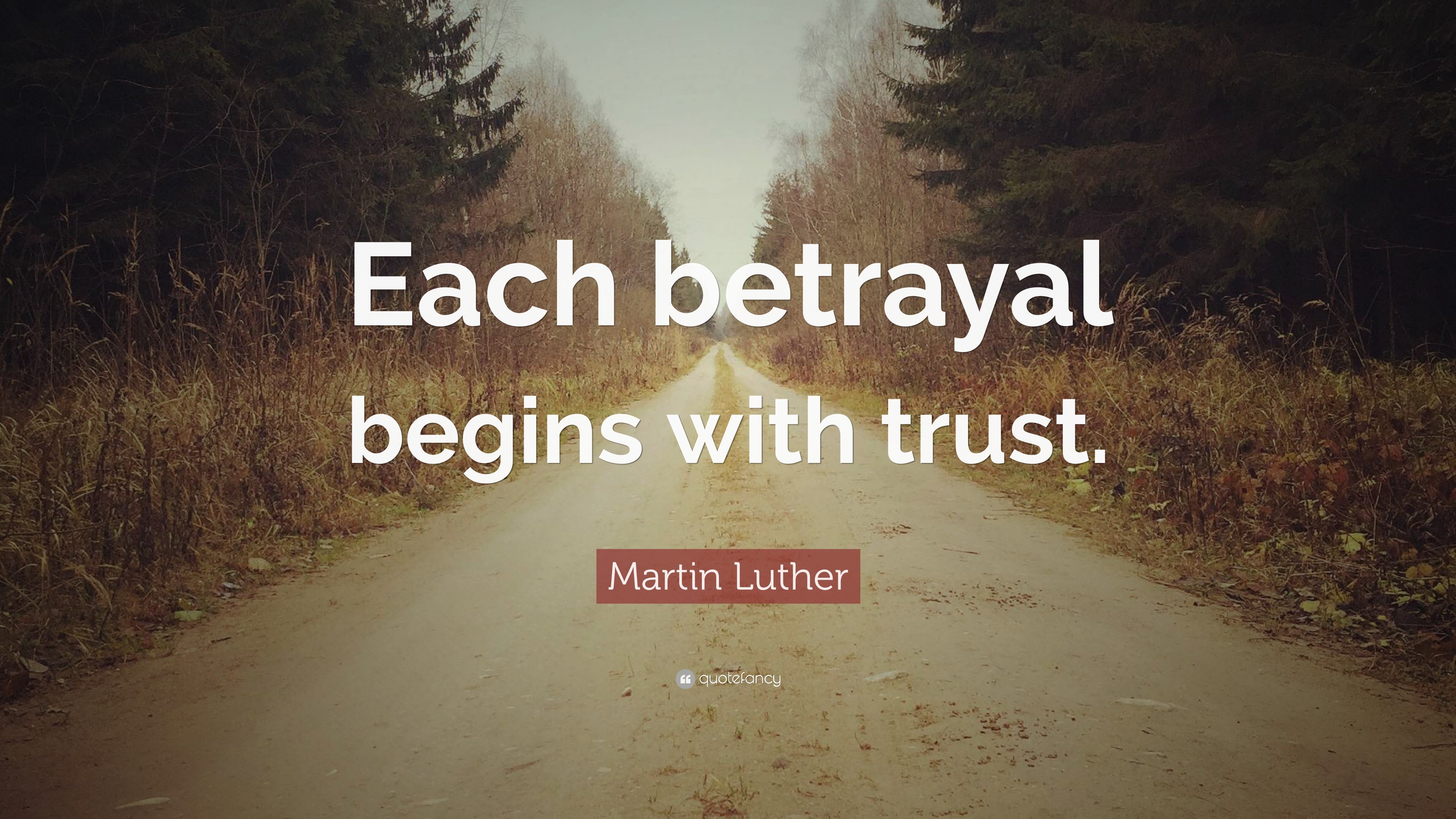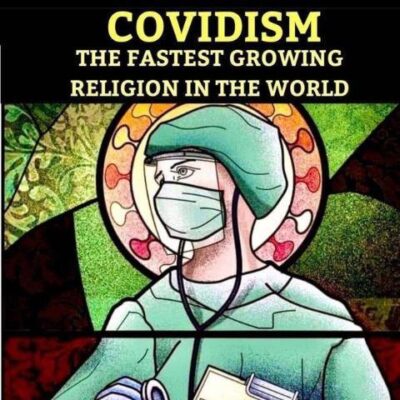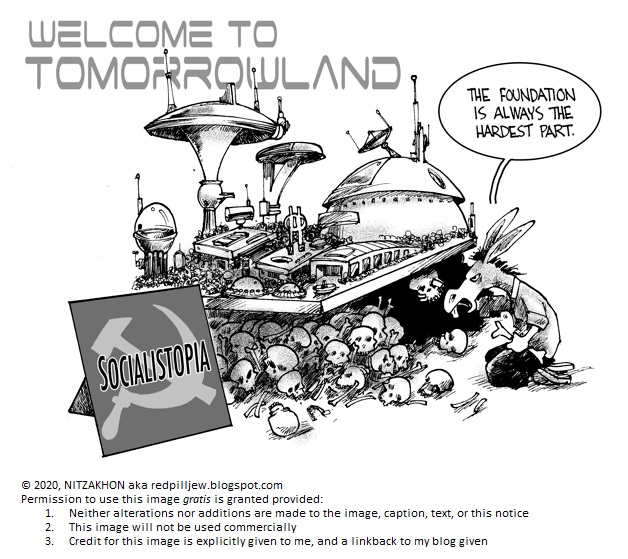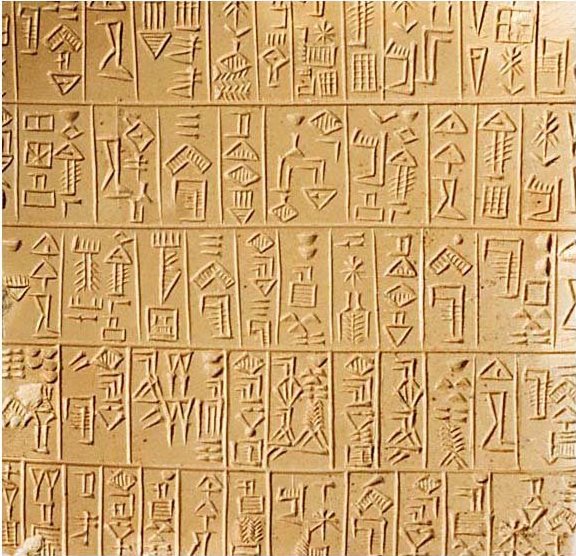Some years ago, as an intellectual exercise, some friends and I were talking about what we thought was the single biggest advance in human history.
Medicine, monotheism*, science-in-general, fire, language, the Rule of Law not men, and many others – all were excellent propositions with good evidence and argumentation behind them. After batting things around for an hour or so I threw out the idea that writing was the single biggest advance – because it allowed knowledge to accumulate.

Some agreed, some didn’t, and that’s fair. I am not the font of all wisdom, and people can reasonably differ. But here’s my take…
Until writing came along human memories and oral traditions were the only way of retaining, communicating, and passing on knowledge. Memory is fallible, whether in details or just a whole sweep of a subject forgotten. Oral traditions and recitation are subject to the limitations of having to be physically with a person to pass that knowledge on. And, of course, as you age, hearing drops as well so what you hear imparted from another can be misunderstood or completely missed.
A brief aside: my late father one described a childhood memory of when his grandmother took ill, and the doctor came and said “Stuff her to the gills with blue cheese”! This was before Fleming’s discovery of penicillin. A brief but interesting anecdote that captures how, even then, there was knowledge of “something there” in that specific cheese that was useful when people were sick. But that was a memory – and had he not told it to me it would have been lost forever. Now, of course, it’s written down in my journals for my kids – along with many other memories and pieces of advice. This is my attempt to document my life and *cough* wisdom for them so that in their life they make many mistakes… just not repeating the ones I’ve made. I’m on Volume 7.

(Image source)
Memories and stories are great. But writing – ah, writing – one can write something down and, years later, decades or even centuries later, a person can pick it up and read that piece of knowledge. Of how to farm, or measure & mark the passage of seasons, or what local plants are edible. The list, obviously, is endless. More, that knowledge captured in marks on a medium can be copied and disseminated to places that one person’s memory – captured within their skull – could not possibly travel. Thus, knowledge can spread far faster and far more broadly than any vocalized bit of information. And consider the creation of wealth as Bill Whittle described in one of his videos: take a pad of paper and a pen or two, write a story and screenplay which gets bought and made into a hit movie. Thus, writing can lead to the creation of enormous wealth from the product of pure imagination – the Ayn Rand-recognized output of the mind.
And while not actual writing per se, consider the distance these Roman coins traveled. The same holds true for the written word to spread, in general, even in those times.
GOOD… AND BAD
Overall, the accumulation of knowledge is a good thing. One need not reinvent everything every generation and can share that information far more readily and with fewer errors than human memory – and far more widely. For example, from the book Armies of Pestilence about the role plagues played in human history, I learned that in one of the plagues that hit Greece in ancient times a physician wrote down the symptoms of what he was seeing and IIRC experiencing that modern doctors said it had to have been typhoid. Trivial, perhaps, in the scheme of things… but a fascinating insight into an event long, long ago. Experience, as lived by people in a situation, can later be captured regardless of the topic.
Experience and learning can be, as I’ve mentioned, widely communicated. In my youth I was captivated by the show Connections which described how ideas and developments passed from person to person to person, each then incorporating them, trying them themselves, adding to them, and passing that new development on in turn. (I just bought it on DVD and hope to play it for my kids…)
Like a pearl growing, layer by layer, human knowledge grew and often was aggregated into knowledge centers, i.e., libraries. Now sometimes, alas, those precious places were destroyed, whether by accident or human intent. The library at Alexandria, possibly the most famous example, is just one. Others here. And in reading this article I had a thought: how was the knowledge of preventing mildew, or recovering damaged books, transmitted through the world? By writing down techniques that worked after much trial and error and disseminating that knowledge by making copies of that writing!
THE RISE OF EXPERTS
“A human being should be able to change a diaper, plan an invasion, butcher a hog, conn a ship, design a building, write a sonnet, balance accounts, build a wall, set a bone, comfort the dying, take orders, give orders, cooperate, act alone, solve equations, analyze a new problem, pitch manure, program a computer, cook a tasty meal, fight efficiently, die gallantly. Specialization is for insects.”
― Robert A. Heinlein
While Heinlein’s point is broadly accurate as to the human condition, as knowledge in specific fields developed past the point where the average person could understand we started to get people who specialized in a particular field. People who specialized in building buildings… architects. People who specialized in medicine… doctors. The law… lawyers. Making machines, designing circuits or roads and bridges… engineers. Handling our taxes and retirements… accountants and financial planners. Protecting our communities… police. Protecting our nations… soldiers. Our elected officials… to keep the good of the nation in mind and pass needed rules. Et cetera. Now so long as these people were bound by ethics and morality and a code of conduct – e.g., the Hippocratic Oath – and cleaved to those codes, we have a functioning system. In some cases, like police and soldiers, we even expect them to put themselves between us and harm at a risk to their own lives.
Rather than attempting to learn everything on our own, we defer to their expertise, paying them not just for the knowledge they have that we don’t, but for the time it takes to develop the knowledge to the point where they can function in that specialization. This is why, for example, we pay a heart or brain surgeon far more than a general practitioner. When I had surgery some years ago I went to a specialist whose decades of focused education & experience in this particular medical field made him very expensive… and I was willing to pay for that experience. After all, I didn’t want to have my surgery done by the owner of “Joe’s Fish, Chips, and Abdominal Surgery”… I wanted someone who had studied for years on this exact subject, and who had been hands-on for years more. Same for when I had surgery deep inside my sinuses – I understood the risks to my sense of smell and, again, went for someone with both knowledge and experience. And, pardon the pun, paid through the nose for that too.
THE CRITICAL FACTOR
But there is a critical factor in all this deferring to experts: TRUST.
When we engage any expert we trust that this person will not steer us wrong. When I went to a lawyer for my divorce from my first wife, I expected him to give me good advice keeping my best interest in mind. The same for my accountant. The same for my doctor. The same for the home improvement guy coming to quote us – heaven help our budget – on a major summer project. We expect… we TRUST… that this person is putting our best interests first-and-foremost. We expect… we TRUST… that they are focused on our wellbeing, not just following external diktats from outside forces.
We defer to these people because we do not have the years and decades to develop the expertise in every field… because the amount of knowledge is too great. Hearkening back to Heinlein, yes, we can and should do many things – but time to learn all is not within our ken considering the knowledge required in every field which we need in our lives, never mind the demands on our time to live our lives, earn our own keep, raise children, etc. (I used to read 2-3 “meaty” books a week prior to the financial drains children showing up. Now I’m lucky to get one in a month.)
And this is the trap of too much knowledge: we trust them to steer us straight, but that trust can be abused.

(Image source)
AND WHEN THEY DON’T?
Consider the fustercluck that is Covid and Covid Jabs as a present-day example. From the denials of early treatments and the virus’ origin, to the ignoring of the 2005 paper showing HCQ was effective, to the utter damnation of for-real-effective Ivermectin, never mind the pushing of the Jab that is causing more harm than good – and even the silence surrounding the possibility of the mRNA reverse-transcribing to your DNA: which is something that seems to be confirmed, at least in vitro. This raises Seven Hairy Hells levels of alarm for me as I said (link in original):
In my career I have been introduced to the useful idea of Failure Mode and Effects Analysis. One of its fundamentals is that in assessing risk, it is not just the raw percentage chance of something happening that is important, but the consequences of it happening. E.g., from memory, an article from a few decades ago said that the actual risk of an asteroid or comet impact is incredibly small… but that it’s a significant risk because of the potential damage should such an impact occur.
As a mundane example, consider two games with precisely the same odds: rolling a die… and losing $1 if you roll a six, and Russian Roulette. Given the same reward for winning (1-5 or empty cylinders, respectively) which would you rather play?
Added post publication: We now have had THE JABS out for enough time, methinks, that there should be couples who have had the Jabs pre-conception, and have given birth – there should be an effort to survey such parents to see if their children have the mRNA in them producing the spike proteins. If even one child is shown to have the mRNA now in their DNA… time to start building gallows.
Yet despite this potential risk to the integrity of the human species’ genome, even if it’s an infinitesimal risk, given the consequences of this gene editing, both governments and medical experts are push-push-pushing these Jabs despite the fact that it’s NOT safe and NOT effective – it’s become their religion.

We TRUSTED these people. And they failed us, utterly. Whether for the Globalist depopulation ideology, or for mere personal enrichment, and hospitals outright falsifying diagnoses for increased profits… we now know the medical industry cannot be trusted as they’ve traded integrity for blood-soaked lucre.
THE GREAT DISTRUST
Many articles have now been written on the growing distrust of the medical profession. We no longer trust our supposed truth-to-power watchdogs, the media. The same for those we elect. The same for an increasing distrust in the police & military as witnessed by their incredibly harsh just-following-orders treatments of anti-mandate protestors. One by one, all the institutions that we trusted implicitly are failing.
While many are still starry-eyed about THE JAB and so much else, a growing number of people no longer trust. That distrust of institutions spills over into distrust of individuals in society. Chalk up another factor in the accelerating collapse of civilization. For no low-trust society, to my knowledge, has ever had endurance. And as we slide towards dissolution of what we know is familiar, understand this is part of the foundation the Globalists are laying for their dreamed-of Utopia. It. Is. Deliberate. Remember, all that is must be razed before all they fantasize about can be created… heedless of the cost.

>>>>>=====<<<<<
Please check out my first essay, The Fly on the Urinal, at Tommy Robinson’s Urban Scoop. And the second one The Right to Disagree. And I have permission, for my next Urban Scoop essay, to cite ones here explicitly. Going to be a challenge to write two pieces a week. Plus this Sunday, here, I plan to resume Survival Sunday posts.
>>>>>=====<<<<<
* Postscript:
As Bill Whittle says in this long but IMHO must-watch video, monotheism is an advance because – with one G-d – there is one, absolute standard of right and wrong. If everyone in a civilization cannot even agree on what is right, what is wrong, and what code of conduct one should live by, that civilization is on shaky ground for survival. (Sound familiar to today’s world?)
(Header image source)
